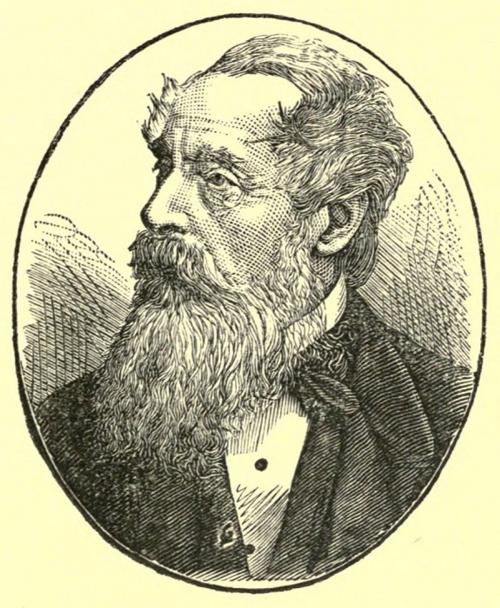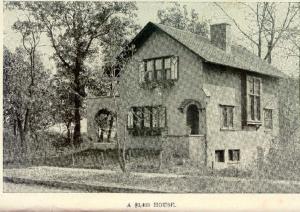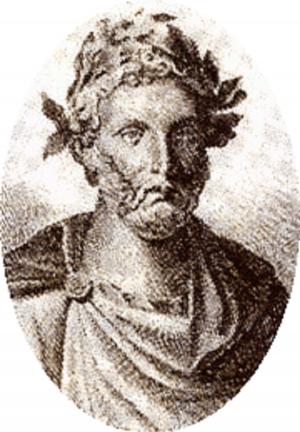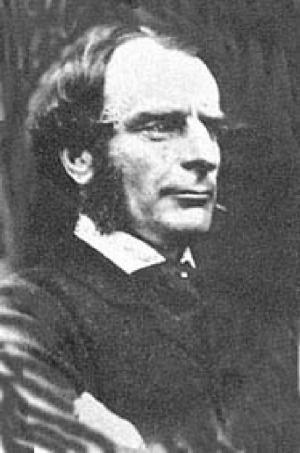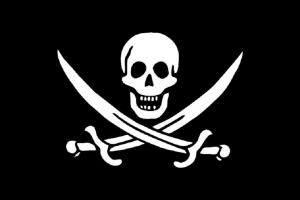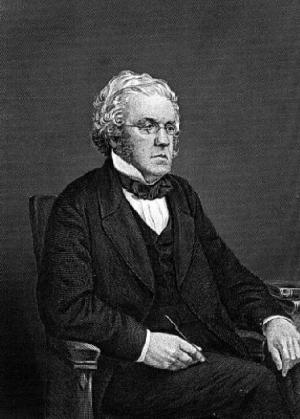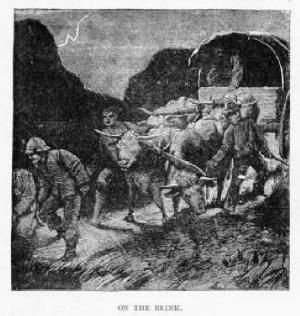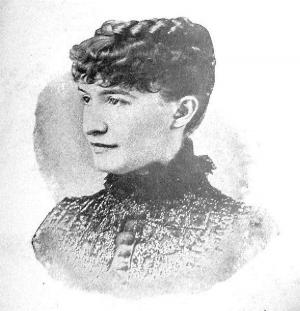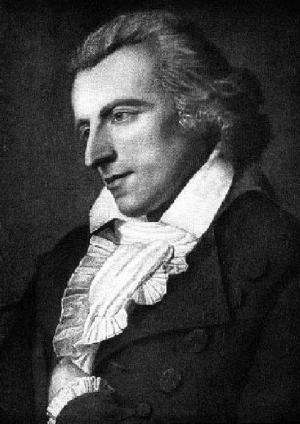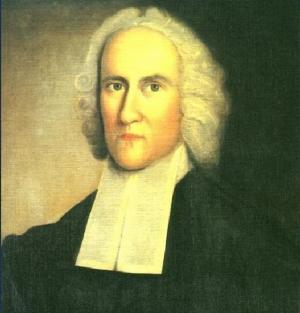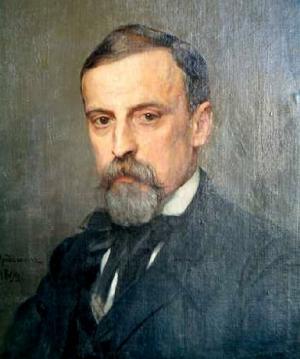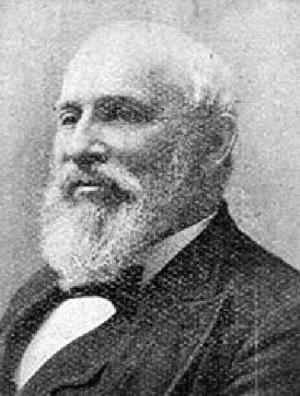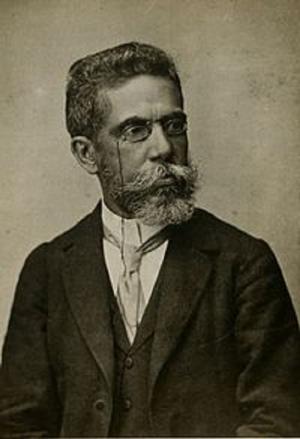Ronald Morton, or the Fire Ships, A Story of the Last Naval War
Fiction & Literature, Classics, Kids, Teen, General Fiction, Fiction| Author: | Kingston, W.H.G. | ISBN: | 9781455394104 |
| Publisher: | B&R Samizdat Express | Publication: | June 10, 2015 |
| Imprint: | Quench Editions | Language: | English |
| Author: | Kingston, W.H.G. |
| ISBN: | 9781455394104 |
| Publisher: | B&R Samizdat Express |
| Publication: | June 10, 2015 |
| Imprint: | Quench Editions |
| Language: | English |
This is quite a difficult book to get the gist of. It is a tale of inheritance. A family inhabiting a castle in Shetland, a group of islands to the north of Scotland, is also apparently entitled to a titleand lands in Spain and elsewhere. But who of the Shetland family is the rightful heir? The Spanish usurpers are well aware that the true heir is in Shetland, and their agent is a priest who appears several times in the book. Apart from all this there is a background of seamanship and sailing vessels, for the time is just after the Napoleonic War with France. This of course is the setting in which Kingston excels as an author. You will probably need a pencil and paper when you are working out who Ronald Morton really is, but the story is a fascinating one, and youwill enjoy the task. According to Wikipedia: "William Henry Giles Kingston (28 February 1814 - 5 August 1880), writer of tales for boys, was born in London, but spent much of his youth in Oporto, where his father was a merchant. His first book, The Circassian Chief, appeared in 1844. His first book for boys, Peter the Whaler, was published in 1851, and had such success that he retired from business and devoted himself entirely to the production of this kind of literature, in which his popularity was deservedly great; and during 30 years he wrote upwards of 130 tales, including The Three Midshipmen (1862), The Three Lieutenants (1874), The Three Commanders (1875), The Three Admirals (1877), Digby Heathcote, etc. He also conducted various papers, including The Colonist, and Colonial Magazine and East India Review. He was also interested in emigration, volunteering, and various philanthropic schemes. For services in negotiating a commercial treaty with Portugal he received a Portuguese knighthood, and for his literary labours a Government pension."
This is quite a difficult book to get the gist of. It is a tale of inheritance. A family inhabiting a castle in Shetland, a group of islands to the north of Scotland, is also apparently entitled to a titleand lands in Spain and elsewhere. But who of the Shetland family is the rightful heir? The Spanish usurpers are well aware that the true heir is in Shetland, and their agent is a priest who appears several times in the book. Apart from all this there is a background of seamanship and sailing vessels, for the time is just after the Napoleonic War with France. This of course is the setting in which Kingston excels as an author. You will probably need a pencil and paper when you are working out who Ronald Morton really is, but the story is a fascinating one, and youwill enjoy the task. According to Wikipedia: "William Henry Giles Kingston (28 February 1814 - 5 August 1880), writer of tales for boys, was born in London, but spent much of his youth in Oporto, where his father was a merchant. His first book, The Circassian Chief, appeared in 1844. His first book for boys, Peter the Whaler, was published in 1851, and had such success that he retired from business and devoted himself entirely to the production of this kind of literature, in which his popularity was deservedly great; and during 30 years he wrote upwards of 130 tales, including The Three Midshipmen (1862), The Three Lieutenants (1874), The Three Commanders (1875), The Three Admirals (1877), Digby Heathcote, etc. He also conducted various papers, including The Colonist, and Colonial Magazine and East India Review. He was also interested in emigration, volunteering, and various philanthropic schemes. For services in negotiating a commercial treaty with Portugal he received a Portuguese knighthood, and for his literary labours a Government pension."
